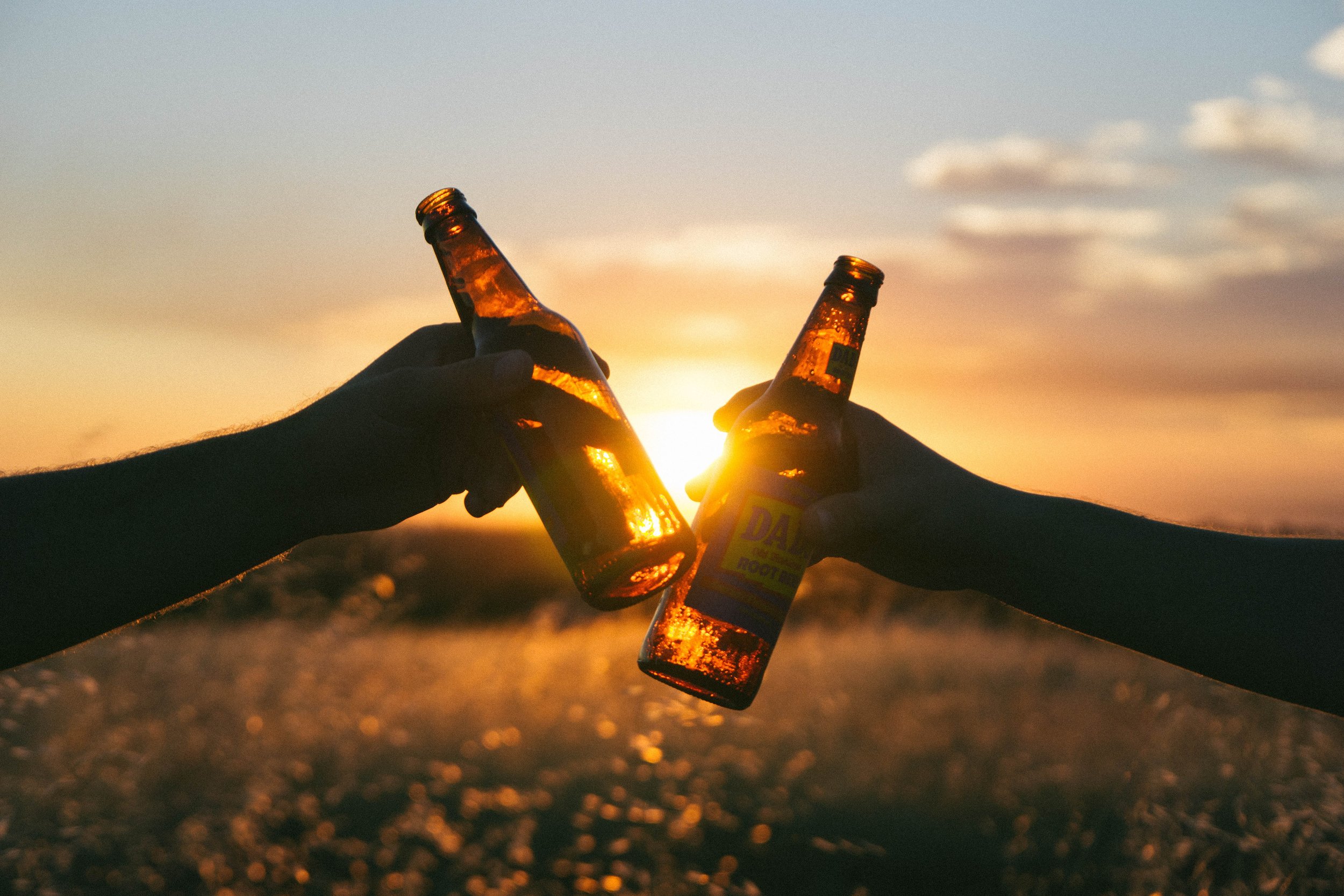IV Hangover Cure - Fact or Fiction?
If you want to talk scientifically, the only real way to cure a hangover is to avoid overdoing it in the first place. But we all know that isn’t always the case. “Hangover cures” and “quick fixes” have been around just about as long as alcohol has been around though. In the last century, a large number of medical reviews and literature have attempted to investigate which one of these cures are helpful, and which aren’t. Let ASAP IVs provide you with a summary of some of the findings!
IV Hangover Cure
Fact or Fiction?
What does a Hangover do to your body?
The cause of a hangover is most certainly from alcohol, but even after centuries of investigation, medical professionals are still not entirely sure what causes the symptoms to develop in your body on the day after an indulgence. They are described as a “frequent, unpleasant experience among people who drink to intoxication”. These symptoms include headaches, nausea, vomiting, fatigue, myalgias (muscle aches), decreased concentration, poor memory, and many others. The state of alcohol hangover has been shown to significantly impair prospective memory (ability to form new memories and perform daily tasks), which can dramatically decrease personal productivity in work, school, or personal life. While these symptoms cannot be explained by dehydration alone, the effect that alcohol has on the fluid balance of your body (see our article explaining how alcohol inhibits anti-diuretic hormone (ADH) which leads to over excretion of water and dehydration) most certainly makes these symptoms worse. Some studies have shown that alcohol can “directly promote hangover symptoms through its effects on urine production, gastrointestinal tract fluid losses, blood sugar concentrations, sleep patterns, and [disruption] of biological rhythms.”
A study from 2003 from the journal of Alcohol Clinical Experimental Research sought to find and develop a scale for the severity of hangover symptoms. They included 1230 college aged participants, and asked them to rate the frequency of 13 different hangover symptoms via a retrospective questionnaire. The most common symptoms were feeling “extremely thirsty/dehydrated”, feeling “more tired than usual”, and “headache”. Higher scores on the hangover symptom scale had a positive correlation with frequency of binge drinking (getting drunk), quantity of alcohol consumed when binging, personal history of alcohol related problems, and family history of alcohol related problems. From the study, women typically had higher scores than men, indicating women may more frequently experience more significant hangovers.
On top of day after hangovers, alcohol can have other negative effects, such as increasing your short term risk of heart attack and stroke, as well as alcohol abuse over years can increase your risk of neurologic problems (brain atrophy, spinal cord degeneration, early dementia), liver disease (fatty liver disease, cirrhosis), heart disease (congestive heart failure), and many others.
While we don’t encourage the binge drinking of alcohol year after year due to the obvious negative effects it can have on your body, the occasional overindulgence is understandable, and that feeling you have the next day has you asking “What can I do just to feel normal again???”. Well, lets take a look.
What can you do at home to help treat a hangover?
As previously stated, the best help for treating a hangover is prevention. While abstaining from alcohol consumption, or binge consumption of alcohol, cannot always be avoided, there are things you can do to help prevent the severity of symptoms the next morning. The most commonly cited technique is to prevent dehydration, by increasing the consumption of water and fluids on the night of indulgence. This will help dilute the concentration of alcohol in your body and decrease the significance of the hangover symptoms. The following day, increasing your oral intake of fluids, whether that is from water or glucose/electrolyte containing beverages such a Gatorade, Powerade, or Pedialyte, can help reduce the length of a hangover and its severity.
There are a myriad of other studies and anecdotal stories for curing hangovers, from Gatorade, to eating raw eggs Rocky style, to energy drinks. Here is what some validated studies in the Hangover literature have found:
2017 from Human Psychopharmacology:
This study was a systematic review article (a review which looks at many different studies), to evaluate different treatments for alcohol hangovers. These studies looked at polysaccharide extract of Acanthopanax senticosus (PEA), pear juice, co-consumption of red ginseng antihangover drink with initiation of alcohol drinking, dandelion juice, KSS formula (Kitsuraku, Shokyo, brown sugar, dextrin), and After-Effect hangover remedy (gamma linolenic acid, Omega-3 fish oil, B-vitamins, Vitamin C, magnesium, Silybummarianum, Opuntia ficus-indica). This study found that the use of polysaccharide rich extract of Acanthopanax senticosus, red ginseng antihangover drink, Korean pear juice, KSS formula, and the After-Effect© were associated with a significant improvement of hangover symptoms (p < .05). The highest improvement was observed for the following symptoms: tiredness, nausea/vomiting, and stomachache.
2005 from the British Medical Journal:
This study was a systematic review of randomized control trials looking at eight different interventions and their ability to ameliorate the symptoms of alcohol hangover (propranolol, tropisetron, tolfenamic acid, fructose or glucose, and dietary supplements: Borango officinalis (borage), Cynara scolymus (artichoke), opuntia ficus-indica (prickly pear), and a yeast based preparation. These studies were all double-blinded, randomized controlled-trials. The conclusion of their study was that “No compelling evidence exists to suggest that any conventional or complementary intervention is effective for preventing or treating alcohol hangover. The most effective way to avoid the symptoms of alcohol induced hangover is to practice abstinence or moderation.”.
However, extreme hangovers may prevent drinking fluids or consuming hangover altering substances, as you can have such extreme nausea and vomiting that you cannot consume any liquids, or make you so weak that you cannot get off your cough to go to the store. In this situation, you need a stronger treatment: IV fluids from ASAP IVs.
How do IV fluids help the symptoms of a hangover?
The gold standard of medical literature rests in what are called “randomized controlled trials”. What these involve are different steps to take an intervention (say giving one group of people IV fluids and another Gatorade) to two different groups and observing the change in their symptoms in response to the intervention. These can be blinded, such as single-blinded, double-blinded, or triple-blinded, depending on how many people in the study know which subjects receive which treatment. To date, there have not been any major studies to compare IV fluids to a non-IV fluid group. However, a quick search of “IV Hangover cure” on Google will show hundreds of different blog articles where bloggers get the treatment themselves after a night of partying with immediate results such as “yeah it totally worked; for the rest of the day, I had no headaches and no nausea”
These anecdotal results are not the most firm in scientific literature, but then again, neither is a friend’s glowing review of a popular restaurant, but does that sway your opinion from eating there?. Whenever you are severely hungover and unable to get up off your couch, you want something that is going to work, and IV hydration does that, QUICKLY. Many of our clients have stated they feel immediately better after 5-10 minutes of an IV starting (which is only after 200-300cc of a 1000cc bag!!). In fact, a popularly cited study looking at IV fluids in relation to the placebo effect had 34 patients with Fibromyalgia randomized to either a IV fluid package with only IV fluid and electrolytes, versus an IV fluid package with a cocktail of vitamins (called a Myers’ Cocktail, including Magnesium, Calcium, Vitamin C, B vitamins…coming soon to ASAP IVs!). The results of the study found that all patients in the study felt better after the treatment! While there was not a statistically different effect between the two groups in treating fibromyalgia (there were only 35 patients in the study and it was likely under-powered to detect a statistical difference), the fact that in this study all patients who received IV fluid improved is a testament to how helpful IV fluids can be.
Will an ASAP IV help me recover from my hangover??
While we cannot provide a 100% guarantee that ASAP IVs and an IV for fluid re-hydration will completely cure your hangover and symptoms, we can tell you that 9/10 of our patients feel significantly better within minutes of an IV infusion. This has led them to going back to work more productive, getting more effective workouts, or simply enjoy their life without losing a whole day to a hangover.
With results like these, you can’t afford to not try it. Click here for more information on scheduling an in-home, concierge based appointment in the comfort and privacy of your own home/apartment/office and let ASAP IVs get you back to feeling your best ASAP!

